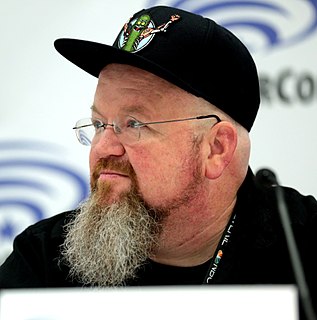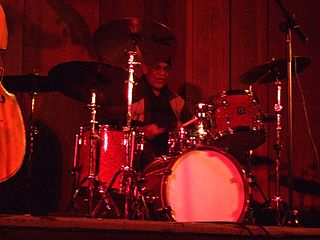A Quote by Don Bluth
I have never seen a game's graphics look so sharp and clean. The sound design for the game is also unique on the Xbox. The memory on this system allowed us to provide the user with 5.1 Dolby surround sound for home theatre owners.
Related Quotes
We never look deeply into the quality of a tree; we never really touch it, feel its solidity, its rough bark, and hear the sound that is part of the tree. Not the sound of wind through the leaves, not the breeze of a morning that flutters the leaves, but its own sound, the sound of the trunk and the silent sound of the roots.
We needed to make a sound that's not gonna fit in with everything else - we wanted to make something that was completely unique and individual to us. We spent a lot of time trying to make a sound that was a One Direction sound. At first it was quite hard to do that, but I'm really happy with the sound.
They don't make poles long enough for me want to touch Microsoft products, and I don't want any mass-marketed game-playing device or Windows appliance near my desk or on my network. This is my workbench, dammit, it's not a pretty box to impress people with graphics and sounds. When I work at this system up to 12 hours a day, I'm profoundly uninterested in what user interface a novice user would prefer.
I collaborated with a brilliant young sound designer named Anthony Mattana, who enriched the sound of the total production with vocal effects, percussive and other sounds. He also mixed the sound effects and the music, using the theater's first rate sound system to complement the theater's acoustics. This completed my score.
Rules of Play is an exhaustive, clear, cogent, and complete resource for understanding games and game design. Salen and Zimmerman describe an encyclopedia of game design issues, techniques, and attributes. In particular, they analyze the elements that can make a game experience richer, more interesting, more emotional, more meaningful, and, ultimately, more successful. It should be the first stop you make when learning about game design.








































